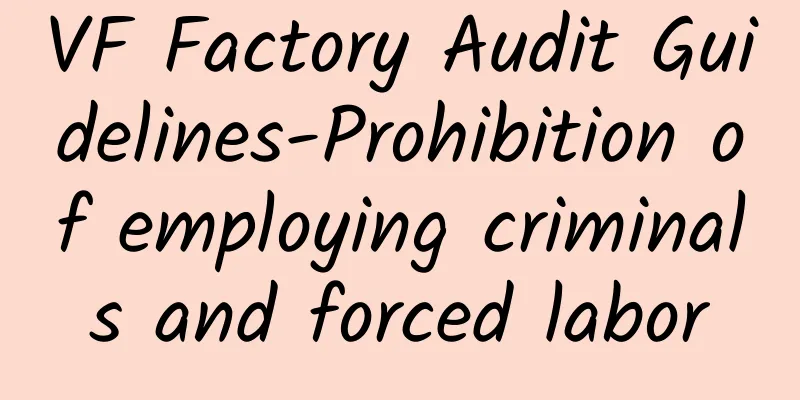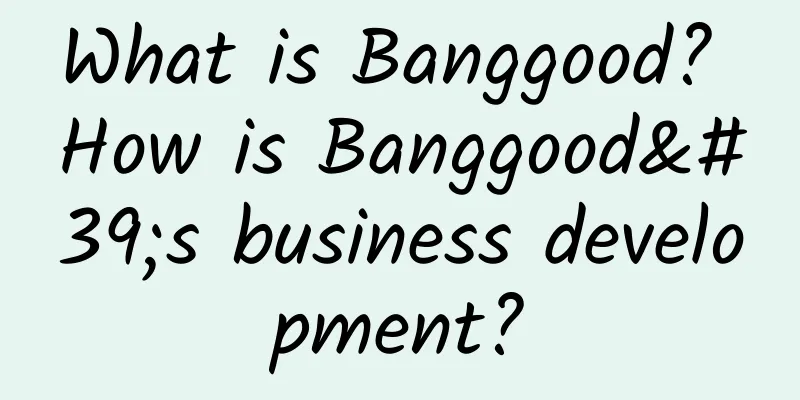VF Factory Audit Guidelines-Prohibition of employing criminals and forced labor

|
Factories are prohibited from using convict, voluntary, forced indentured or any type of convict labor. Factories are prohibited from employing convicted criminals in prison. Although there are conditions where it is permitted to employ convicts under local or state laws, it is expressly prohibited to import any product into the United States under U.S. customs laws if the product is produced by convict labor. Involuntary or Forced Labor Anyone who is forced to work for a reason will be considered to be involuntary or forced labor. Workers must have complete freedom of movement to leave the facility at any time. Factories have the right to impose restrictions on workers entering the facility or entering a certain room within the facility but should not prohibit workers from leaving. Labor indenture workers should not be forced to work by contract or any other means. Workers should not be forced to work to pay off debts, sign contracts for themselves, their families or others. Employment Contracts In some factories workers are required to sign employment contracts. These contracts will usually list the job, job duties, disciplinary procedures, overtime pay requirements and the length of time the contract is in effect. Some contracts are open ended. That is, the contract can be written without an end date. If the contract is open ended, there must be a provision that will end the contract when the worker quits the job. Employment contracts must not include anything that could be construed as forcing the worker to work. Workers must be able to quit at any time. Sometimes factories use third-party agents or brokers to hire workers. If a third party is used to hire workers, the worker's wages must be paid directly to the worker and not to the agent or broker. It is the factory's responsibility to ensure that the third-party agent or broker is legally qualified and is not a criminal, indentured or forced to work in any manner. Factories that employ security guards, or security companies that contract to provide their services, must not engage in practices that would cause workers to live in the factory and work against their will. Security guards should be limited to normal security functions, such as protecting the factory and product production and the safety of workers and other factory personnel. The factory should not retain employees' original identity cards, work permits or other forms of identification. Employees must have freedom of movement in the dormitories and freedom to leave at any time. |
>>: ISO 9001:2015 process approach
Recommend
How to handle eBay buyers automatically canceling transactions
ebay/" target="_blank"> eBay pl...
Key points that auditors will pay attention to when conducting factory inspections on discrimination issues
Discrimination means that employers must not infr...
IP Accelerator—Intellectual Property and Brand Protection for Small and Medium Enterprises on Amazon
What is IPAccelerator? IPAccelerator is a program...
Best eBay Selling Tips
Many sellers who have just started operating on e...
It’s hot, it’s hot! The Global Recycling Standard - GRS certification is hot!
Recently, the global recycling standard GRS certi...
ISCC certification system document update
As one of the internationally recognized sustaina...
Popular Science! What is eBay?
As the second largest cross-border e-commerce pla...
What are the differences between eBay and Amazon? (Part 1)
As an eBay seller, have you been thinking about s...
Analysis on opening a store on Lazada, the Southeast Asian version of Amazon
It is no exaggeration to say that Southeast Asia ...
Byju's--"Indian online service platform"
What is Byju’s? Byju's education platform pro...
ACC Processing Plant Wastewater Requirements
The sewage water quality concentration record mus...
What is Fiverr? Who can sell services on Fiverr?
What is Fiverr? Fiverr is a global freelance serv...
What is Avalara? Avalara product introduction
Avalara is a cloud-based tax compliance software ...
SparkX—The Next Generation of Digital Marketing
SparkX is a new generation digital marketing cons...
When recycling scrap tires, should we choose ISCC EU or ISCC PLUS certification?
In ISCC, the use of scrap tires is defined as fol...









